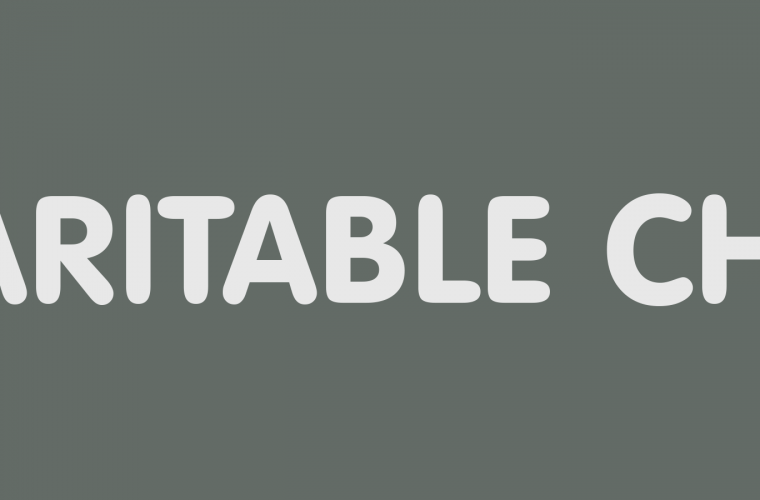
A New Solution to Discount Marketing
Discounting is a very popular marketing strategy. There are tens of thousands of sites and services that distribute coupons or offer various flavors of the daily deal marketplace popularized by Groupon.
The reason for all this discounting noise is that strategically lowering prices can be very good for business. It can attract new customers and extract additional value from existing ones. Moreover, it can be used as an effective tool to liquidate capital-robbing overstocks. “Advertising Age” magazine reports that nearly 90% of consumers actively use coupons and that number trends higher during periods of, and in places suffering from, economic malaise.
Discounting campaigns can entice people to do things they might not do otherwise. For instance, they may:
- Travel further (thus expanding the geographical reach of a business),
- Make an unplanned purchase of a featured product,
- Promote the brand in social media,
- Succumb to the ‘siren song’ of impulse items, and
- Feel an increased sense of loyalty to the brand.
Additionally, coupon campaigns can form the tipping point in a consumer decision to perform a good deed in such a way that it redounds to the benefit of the brand. However, all is not rosy in the couponing/discounting realm.
Retailers & Charitable Causes
According to the folks at Killian Branding, “A brand is a promise, as perceived by prospective purchasers.” They explain that consumer assessments of value are determined by comparing the brand’s quality (as they perceive it) to its price. While price is an objective number, consumers establish subjective impressions of quality over time based on a variety of cues that can include “name, tradition, packaging, advertising, promotion posture, …” corporate governance and behavior, as well as pricing. Just as high prices can increase the perception of quality, low prices can signal an inferior product. This is one of the reasons that you would never see premium brands like Apple, Rolex or Whole Foods, etc. offering a Groupon deal.
Whereas these caveats apply to all brands, the concern is most acute for product producers that sell direct to consumers. Pure retailers are more insulated because it’s reasonable for their market positioning (and value proposition) to be delivering the highest quality brands at the lowest possible prices. In such cases the quality/price ratio becomes more attractive to most consumers without tarnishing the perception of quality.
That said, unlike Wal-Mart’s highly effective “Always Low Prices” mantra, major retailers like Bed Bath & Beyond have done so much 20% discounting that few would ever consider making a significant purchase for more than 80% of the advertised price. BBB’s hyper-couponing approach can lower average cart values and discourage Costco-like shopping sprees.
Experts maintain that one way for businesses to offer discounts without lowering perceived quality (and therefore, value) is by making them exclusive. Exclusive offers involve the establishment of eligibility requirements that, for instance, could include:
- Membership in a target segment (e.g., nonprofit employees), or
- Performance of an action that unlocks the discount such as a social media share or, perhaps, making a charitable donation.
As an example, Boloco – the ‘globally inspired burrito’ chain – invites charities to set up tables in their restaurants, offering free food to customers that donate. While lowering or eliminating the price, this type of exclusive promotion increases the perception of brand quality as well as value.
Charitable Checkout developed a ‘Rewarded Giving’ cause-marketing platform with these facts in mind. Their goal is to enable brands of all sizes to profitably connect with ‘conscientious consumers’ around shared values with a sustainable discounting strategy that enhances brand equity.
Why Cause Marketing Works
Using this service, businesses easily create campaigns that benefit whatever charities they happen to support while measurably enhancing public perception and driving customer retention, acquisition, and sales. When consumers give to a business-endorsed cause, they automatically receive redeemable coupon rewards, and are publicly thanked by the brand in social media. Businesses that use our service find an increase in positive social media posts and shares, an increase in sales (13% of donors redeem their rewards), and they capture actionable user data.
Not only does the utilization of our ‘Rewarded Giving’ service enable brands to employ an exclusive couponing strategy that works over the long term, it also affords easy access to an important and growing market segment: ‘Conscientious Consumers.’
Cone Echo’s 2013 Corporate Social Responsibility study revealed that 94% of consumers prefer to do business with companies that give back in some way and over half of all consumers, 55%, have actually switched brands in favor of ones that they believe to be more socially responsible. These data underscore the opportunity that cost effective cause marketing presents, as well as the risks of doing nothing. Businesses can either be the beneficiaries, or the victims, of these shifts in loyalty.
Developing an ongoing cause marketing program is especially essential for brands that serve Millennials. This generation consists of the most ‘conscientious consumers’ we’ve seen since the Baby Boomers and Millennials are expected to outspend Boomers by 2017.
For merchants, it’s important to note that Charitable Checkout never touches customer’s donations and a Basic Subscription costs just $9.99 per month. This low price includes all campaign functionality, analytics, and user data. Moreover, all the financial and regulatory functions are seamlessly handled in the background by the platform, removing all the obstacles that have historically discouraged small and medium size businesses from partaking in this sort of marketing. Details aside, the best part about this is that it’s HELPING cause worthy organizations. As a business owner, we’r confident you can appreciate that.
Want to learn more about Charitable Checkout? Signup and get a FREE 15-day trial here!
Contributed by Jay B. Ziskrout, the Founder & CEO of Charitable Checkout, and an opinion maker at the cutting edge of cause related marketing. His mission is to help businesses of all sizes to profitably connect with Millennials and other ‘conscientious consumers’ around shared values. Before Charitable Checkout, Jay built and operated international music/media companies and began his career as a performing musician. Get in touch with Jay at jziskrout@charitablecheckout.com and follow him on Twitter at @JBZiskrout. Photo Credit with Permission to Use: CharitableCheckout.com













